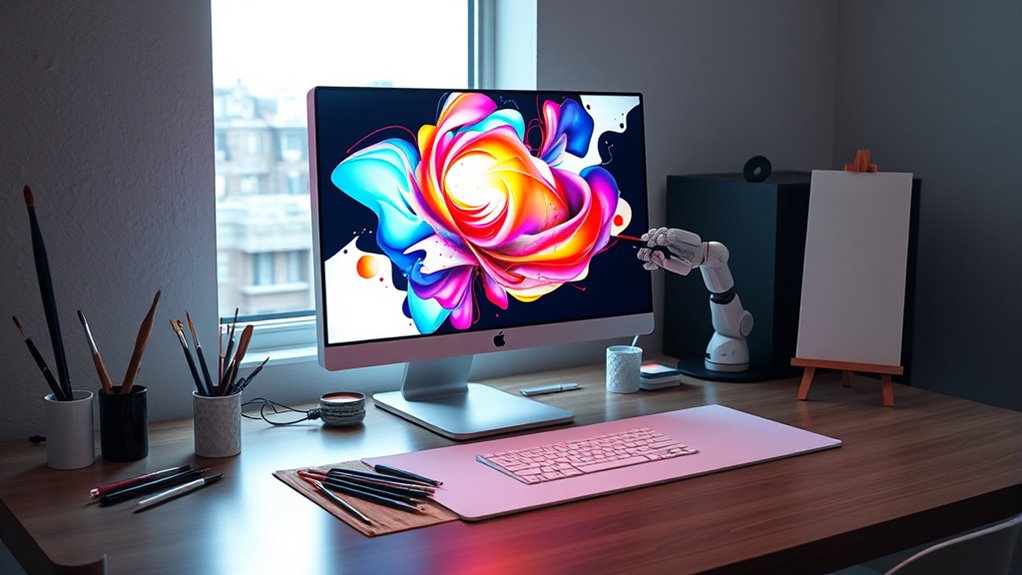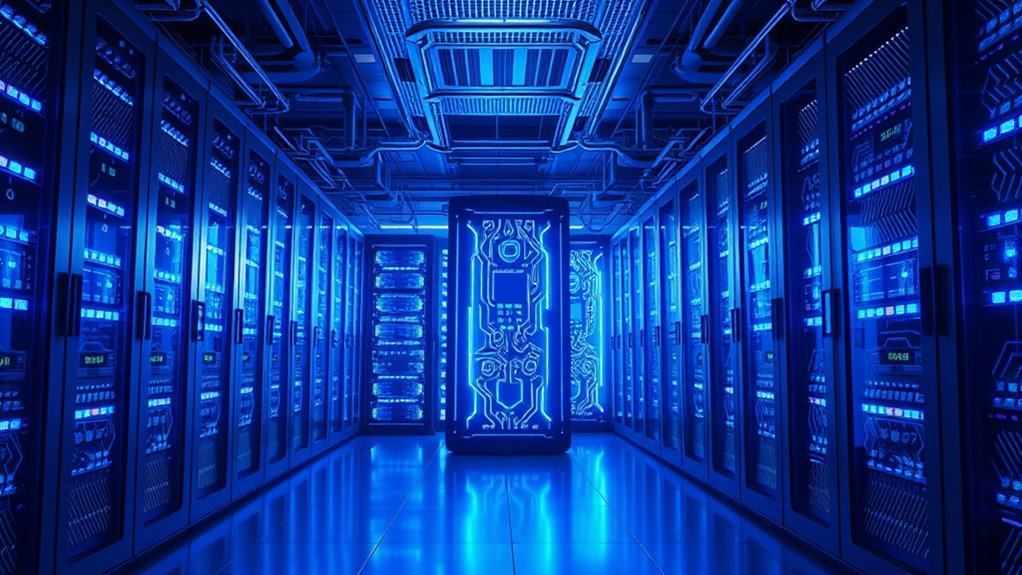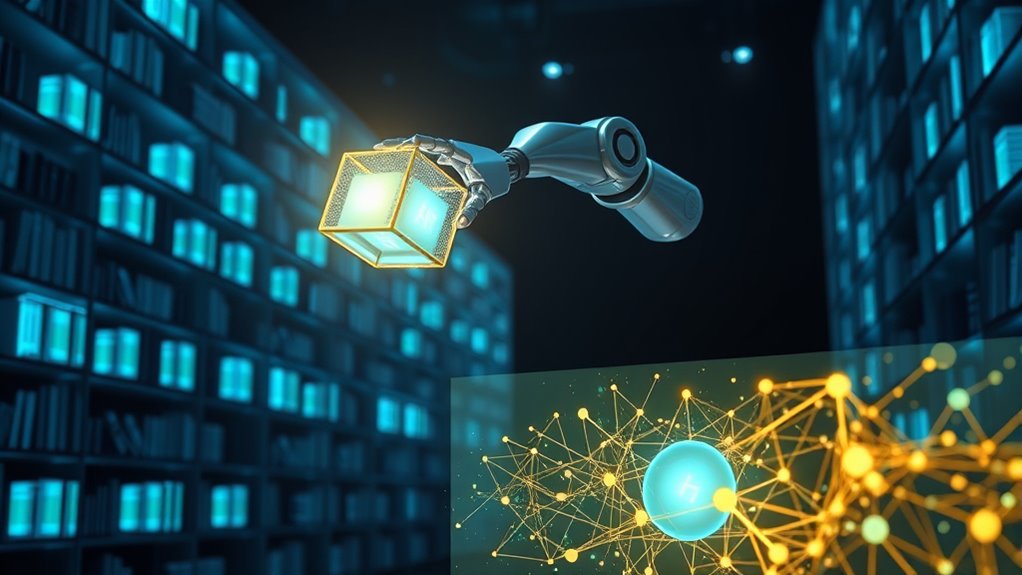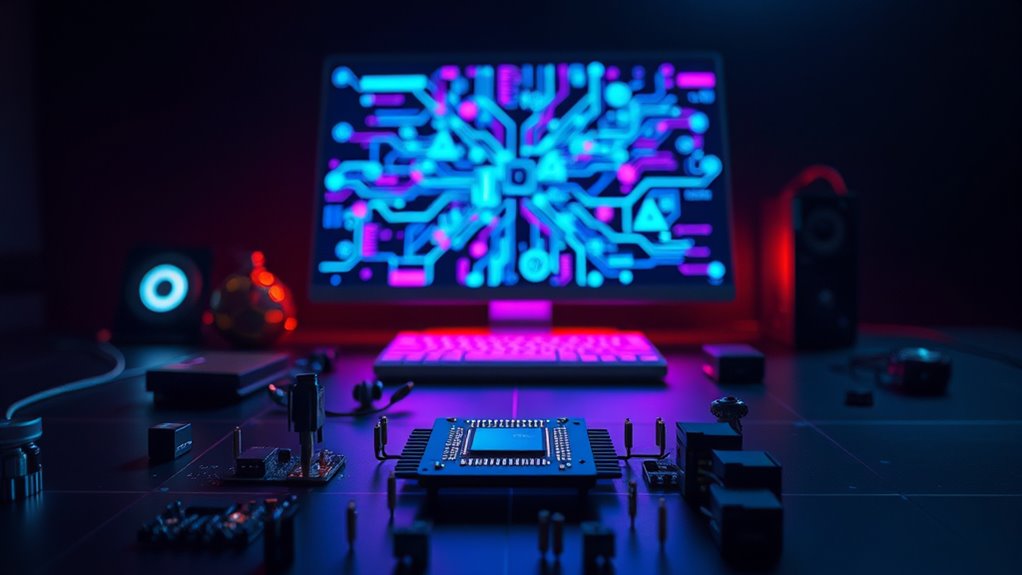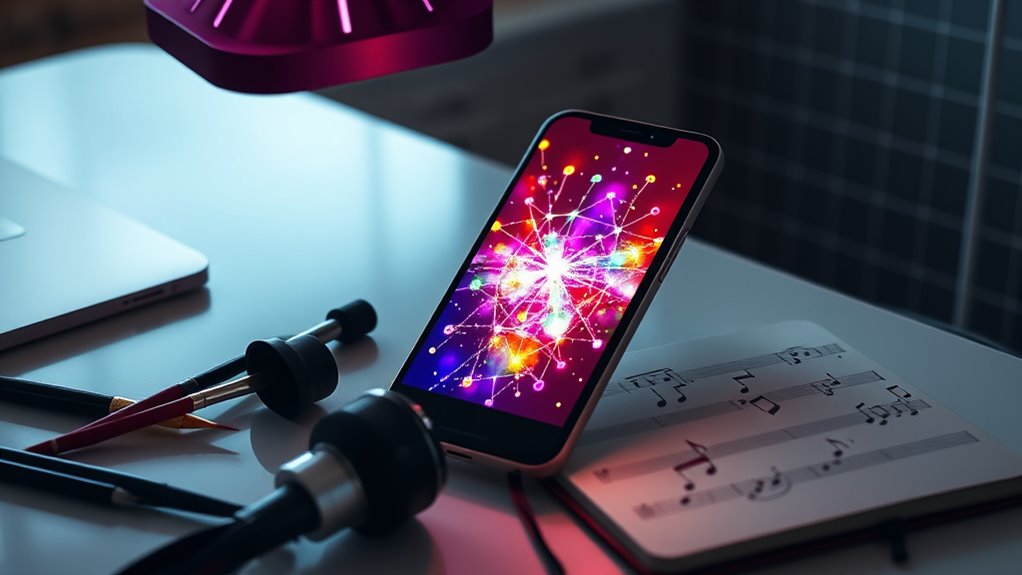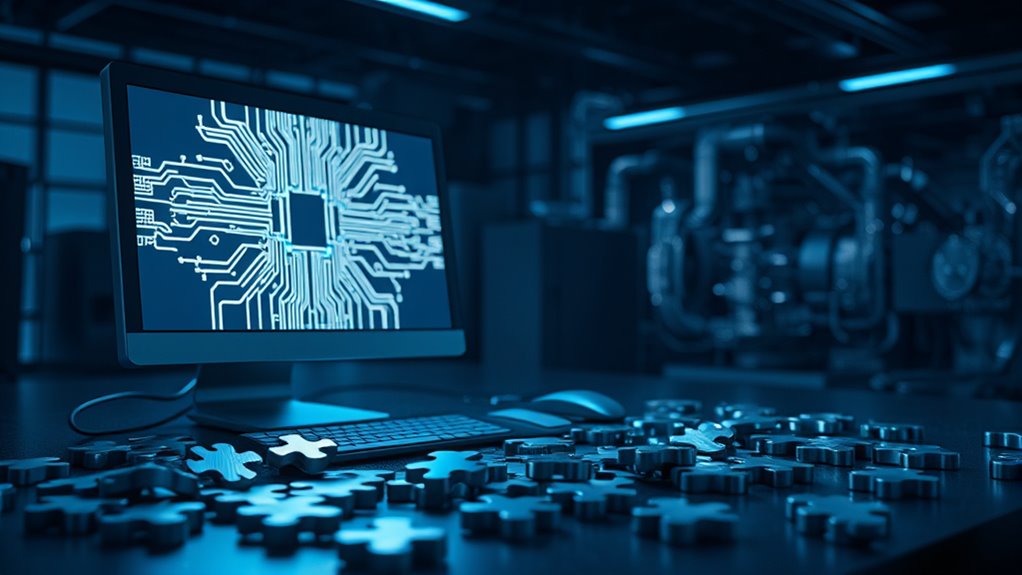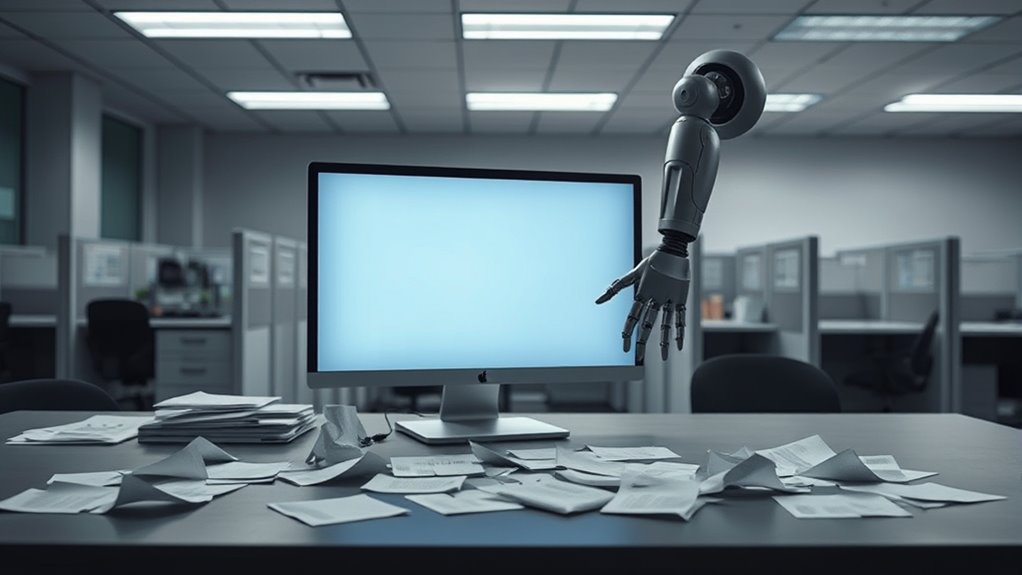How can teachers tell if a PowerPoint was made with AI help? It’s a question many educators are asking as technology gets smarter. Teachers are using special tools and their own skills to spot AI-generated content in student presentations. Tools like GPTZero, which boasts 99% accuracy, and AI Content Detector help by analyzing text for unusual patterns. Copyleaks AI Detector looks at writing style to figure out if a machine wrote it. These tools mainly focus on words, not pictures, so visuals are trickier to check.
Teachers also rely on their own experience to catch AI use. They look for things like overly formal language or text that flows too smoothly, which can seem unnatural. Sometimes, AI repeats phrases or lacks a personal touch, making it stand out. If a presentation doesn’t match a student’s usual style, that’s a red flag. Teachers might ask follow-up questions to see if the student really understands the topic. If the answers don’t add up, it could point to AI help. Additionally, teachers may compare the work to known AI outputs to identify linguistic patterns. Teachers can also integrate AI detection tools into learning management systems to analyze submissions and provide detailed feedback on potential AI-generated content.
Teachers often spot AI use by noticing overly formal language or a lack of personal touch, raising suspicions about a presentation’s authenticity.
Detecting AI isn’t always easy, though. When students mix their own words with AI text, it’s harder to tell what’s what. AI-generated images are even tougher to spot since detection tools don’t focus on them. Plus, AI keeps getting better, so staying ahead of it is a challenge. Teachers often prioritize making sure students grasp the material over hunting for AI use, which adds to the difficulty. Moreover, some educators notice a lack of critical thinking in AI-generated content, raising further suspicion about student originality.
The rise of AI is changing how students create projects like PowerPoints. It’s sparking debates about fairness and honesty in schoolwork. Teachers are starting to think about how to adapt their lessons to include AI in a positive way. They’re also working to encourage original ideas, even as technology plays a bigger role.
Looking ahead, better detection tools might help teachers keep up with AI. Some schools may even teach students about using AI responsibly. The balance between technology and learning is shifting, and educators are figuring out how to handle it. As AI grows, so will the ways teachers and students interact with it in the classroom.

